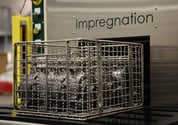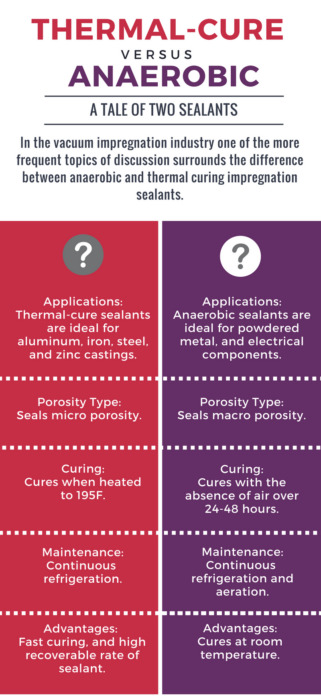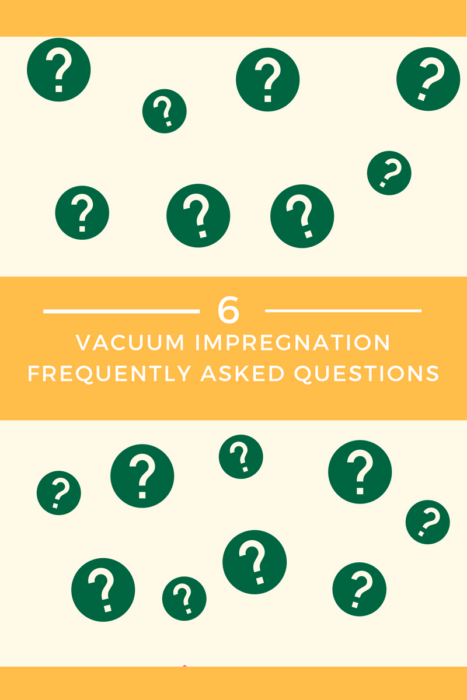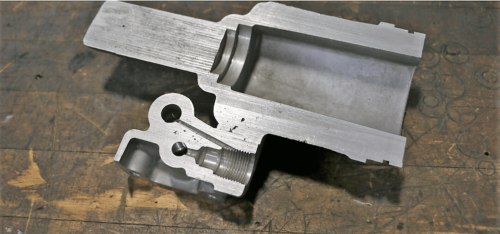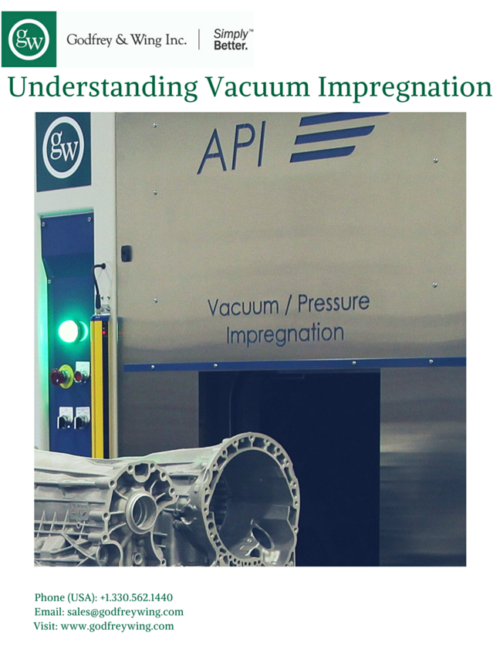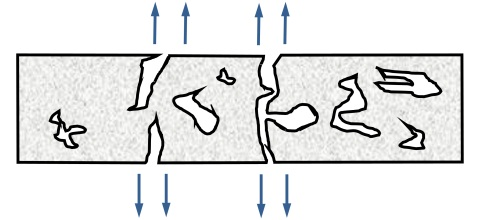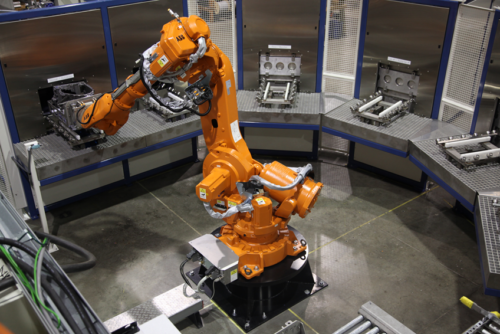Top 5 Vacuum Impregnation Blogs of 2016
It is the end of another year. Which means that it is time to address our mixed feelings about New Years resolutions, and reflect on the year that is about to end. While we cannot help with your 2017 resolutions, we can look back on the most read vacuum impregnation and porosity blogs of 2016. […]
What’s the Difference in Vacuum Impregnation Sealants? [Infographic]
When choosing a vacuum impregnation sealant, you have two sealants choices: thermal-cure, or anaerobic. Choosing one over the other has nothing to do with the quality of the sealant, but it has everything to do with the part material, size of the pore, and leak path. Curious on what sealant is best for you? The […]
Vacuum Impregnation FAQ: Part 2
We posted a blog in May about the common frequently asked questions about vacuum impregnation. With the complexity of the subject, these questions and answers do not fully address all porosity and vacuum impregnation questions. The following are additional answers to commonly asked questions about porosity and vacuum impregnation. How much does impregnation cost? This question […]
Three Types of Die Casting Porosity
When a casting porosity problem occurs, the first challenge is to determine the type of porosity. The following porosity classification guide can help you determine the porosity type. This is important information to know, because the type of porosity will dictate the vacuum impregnation process to use. In general, there are three basic classifications of […]
Change of MSDS/TDS to SDS Documents
OSHA issued a new regulation changing current Hazard Communication Standard (HCS) to conform to the Global Harmonized System of Classifying and Labeling Chemicals (GHS). Under the GHS, material safety data sheets (MSDS) will now be called safety data sheets (SDS). SDS’s will provide you with procedures for handling and working with our sealants in a […]
Understanding Vacuum Impregnation (Handbook)
We recently update our vacuum impregnation handbook. The handbook takes the complicated subject of vacuum impregnation and simplifies it. This handbook will allow you to better identify porosity and then learn what vacuum impregnation process and system is best to seal your porosity. When porosity occurs in your part, you need to get it seal […]
Advanced Powertrain Impregnation (Video)
Our new Advanced Powertrain impregnation (APi) system simplifies and compacts the vacuum impregnation process so that you can bring vacuum impregnation equipment in house. The APi takes our patented front loading technology and increases the impregnation chamber for large parts-like engine blocks or powertrain transmission cases.
When to Use a Traditional Batch System Vacuum Impregnation?
Years ago and even today, Batch System Vacuum Impregnation was the most common vacuum impregnation system. Despite a recent shift towards Single Piece Part Flow (i.e. HVLV, CFI, APi, and EcoSeal), there is still value in Batch System Vacuum Impregnation. Bottom line, the advantages of this process is that it is the best solution […]
Vacuum Impregnation FAQ
We are sometimes told by customers that they are unaware of what vacuum impregnation is. Ultimately, they have a casting with porosity that is leaking whatever is passing through the part (i.e. air, gas, water, etc.), and they need a solution to their problem. Here are some of the more common questions that we receive […]
CFi Vacuum Impregnation System Creates Competitive Advantage
The Albert Handtmann Metallgusswerk GmbH is the largest lightweight (aluminum) foundry in Germany. When the opportunity arose for the company to cast and machine one third of the entire world production of transmission cases and clutch housings for Mercedes Benz, not just any vacuum impregnation system would work. They needed a vacuum impregnation system to […]

